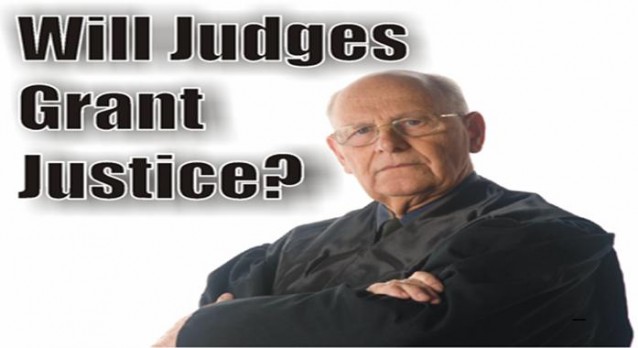Defense attorneys say judges wrongly allow ‘robo-witnesses’
Many of the witnesses being called in foreclosure trials have no idea how documents — including notes and default notices — were created, which defense lawyers say violates court rules.
By Paola Iuspa-Abbott, DBR
Robo-signers, who broke court rules by signing foreclosure affidavits without personal knowledge of loans for banks, may have faded from the scene. But homeowners now are dealing with a similar lender’s representative who they claim infringes on their right to due process.
South Florida foreclosure defense attorneys object to the breadth of records introduced in foreclosure trials by business custodians of record, dubbing them “robo-witnesses.”
The problem seems more prominent in Miami-Dade Circuit Court, where the court has placed a priority on pushing stalled foreclosure cases to trial. By late last year, Miami-Dade had 47,738 pending cases.
Defense lawyers claim circuit judges are under so much pressure to close cases that some are neglecting people’s right to a fair trial by allowing witnesses who may not be legally qualified to testify on behalf of lenders.
“What’s happening now is like someone is pushing the plunger down the toilet to flush all these cases down the system,” said foreclosure defense attorney Bruce Jacobs of Bruce Jacobs & Associates in Miami. “The whole idea of making sure the procedures are afforded to both sides seems to have taken a back seat to clearing the backlog of cases.”
Many of the cases on trial were filed in 2008, 2009 and 2010 when many big lenders were represented by some foreclosure law firms that succumbed during a state attorney general’s investigation of fraudulent foreclosure filings.
A year after attorneys general signed a $25 billion settlement with the nation’s largest banks accused in the robo-signing scandal, the landscape hasn’t changed much for defendants in Miami-Dade, said foreclosure defense attorney Thomas Ice, founder of Ice Legal in Royal Palm Beach.
The national mortgage settlement put an end to the so-called robo-signing practices popular during the peak of the foreclosure crisis. Back then, lenders and their law firms hired people to sign thousands of affidavits without personal knowledge of the information they were attesting to.
Now, the robo-signers have morphed into the so-called robo-witnesses, defense attorneys claim.
“In short, the robo-signing has not gone away, it has simply moved into the courtroom,” Ice said.
Continue reading page two of the report here…
The Daily Business Review is designated as the Official Court Newspaper by the chief judges of the County and Circuit courts in Miami-Dade, Broward and Palm Beach, and by the U.S. District Court for the Southern District of Florida.
~


Don’t feel so bad, it’s also going on in ny.